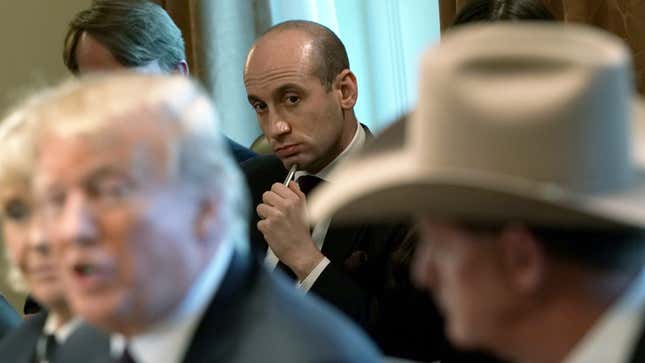

On Monday, days after ICE conducted the largest workplace raid in its history and targeted and arrested hundreds of undocumented workers at poultry factories in Mississippi, the Trump administration announced that a rule that would make it harder for immigrants who use public programs like Medicaid or SNAP to obtain green cards would go into effect in October.
The rule, first proposed by the Department of Homeland Security last fall and championed by Stephen Miller, expands existing federal laws that already require would-be permanent residents to prove they would not become a “public charge,” adding additional programs to the list of benefits that could disqualify people from obtaining a green card. Expressly targeting poor and low-income immigrants, it would give U.S. Citizenship and Immigration Services officers broader discretion to deny people permanent residency based on their perceived economic status.
-

-

-

-

-

-

-

-

-

-

-

-

-

-

-

-

-

-

-

-

-

-

-

-

-

-

-

-

-

-

-

-

-

-

-

-

-

-

-

-








































